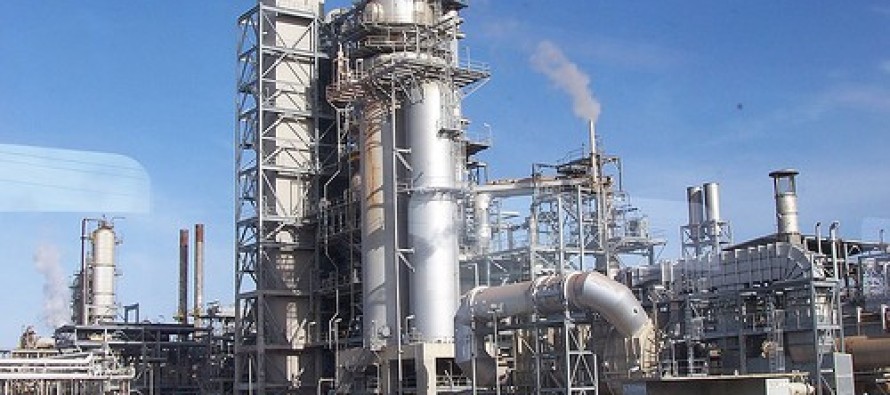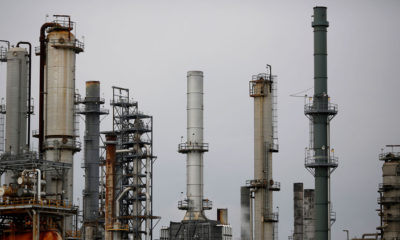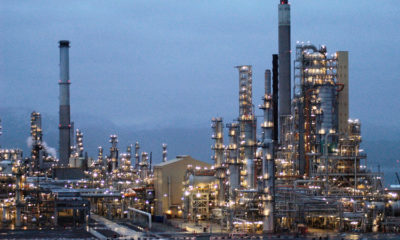- Banks Ready to Fund Refineries Rehabilitation, Says NNPC
Banks have expressed their readiness to fund the rehabilitation of the nation’s ailing refineries, the outgoing Group Managing Director of the Nigerian National Petroleum Corporation, Dr Maikanti Baru, said on Thursday.
After efforts to secure offshore funding for the rehabilitation of the refineries proved abortive, the NNPC said in February this year that it had to resort to immediate direct funding from internal cash flows and debt financing from the financial markets for the project.
“The government and the NNPC are determined to rehabilitate the refineries and put them back to what they were and be efficient as they should be,” Baru said.
He spoke in Lagos after his induction as a fellow of the Nigerian Academy of Engineering during the institution’s 2019 annual lecture, titled ‘Fuelling the Nigerian economy: State of domestic refining and distribution facilities.’
The refineries, located in Kaduna, Port Harcourt and Warri, have a combined installed capacity of 445,000 barrels per day but have continued to operate far below the installed capacity for many years.
Baru noted that there were decades of neglect mainly due to funding, saying, “We took some steps in 2016 when we came in.”
He stated that certain bodies had made a commitment to come and support the rehabilitation of the refineries but the negotiations did not yield the desired result.
He said, “So, we now decided as the NNPC, with the permission of Mr President, to go to the capital market to raise the funds to repair the refineries. It is not just repairs but rehabilitation; some units are completely out. We will not just repair them, we are going to modernise them and put them in a better position.
“With the gracious approval of Mr President, we need to do a detailed bankable study before we go to the capital market. So, the NNPC, using its internal resources, now embarked on this detailed study, which will be completed in October. Once we have that study, the banks are ready to fund us and we are going to rehabilitate the refineries.”
Asked if he would be willing to serve in another capacity if given the opportunity after his exit from the corporation next month, Baru said, “Well, the service to Nigeria is everybody’s call. Every patriotic Nigerian should be willing to do that. However, the system that has been put in place is that a public servant retires when he is 60 and also worked 35 years.
“However, if it’s the prerogative of the President to invite you to do more and of course, you should look at it and do more. So, it is graciously accepted my statutory retirement but if he says I should come and serve, I’m willing to serve.”
The NNPC had planned to rehabilitate the refineries in order to attain a minimum of 90 per cent capacity utilisation, using third-party financiers and the original refinery builders to provide the requisite funding and technical support.
The corporation, its transaction advisers and an inter-ministerial team on refineries rehabilitation were said to have reviewed expressions of interest from 28 potential financiers.
But after over one and half years, the negotiations with financiers stalled in December 2018 due to varying positions on key commercial terms.

 Billionaire Watch3 weeks ago
Billionaire Watch3 weeks ago
 Startups4 weeks ago
Startups4 weeks ago
 News4 weeks ago
News4 weeks ago
 News4 weeks ago
News4 weeks ago
 Bitcoin4 weeks ago
Bitcoin4 weeks ago
 Naira4 weeks ago
Naira4 weeks ago
 Forex3 weeks ago
Forex3 weeks ago
 Treasury Bills4 weeks ago
Treasury Bills4 weeks ago























